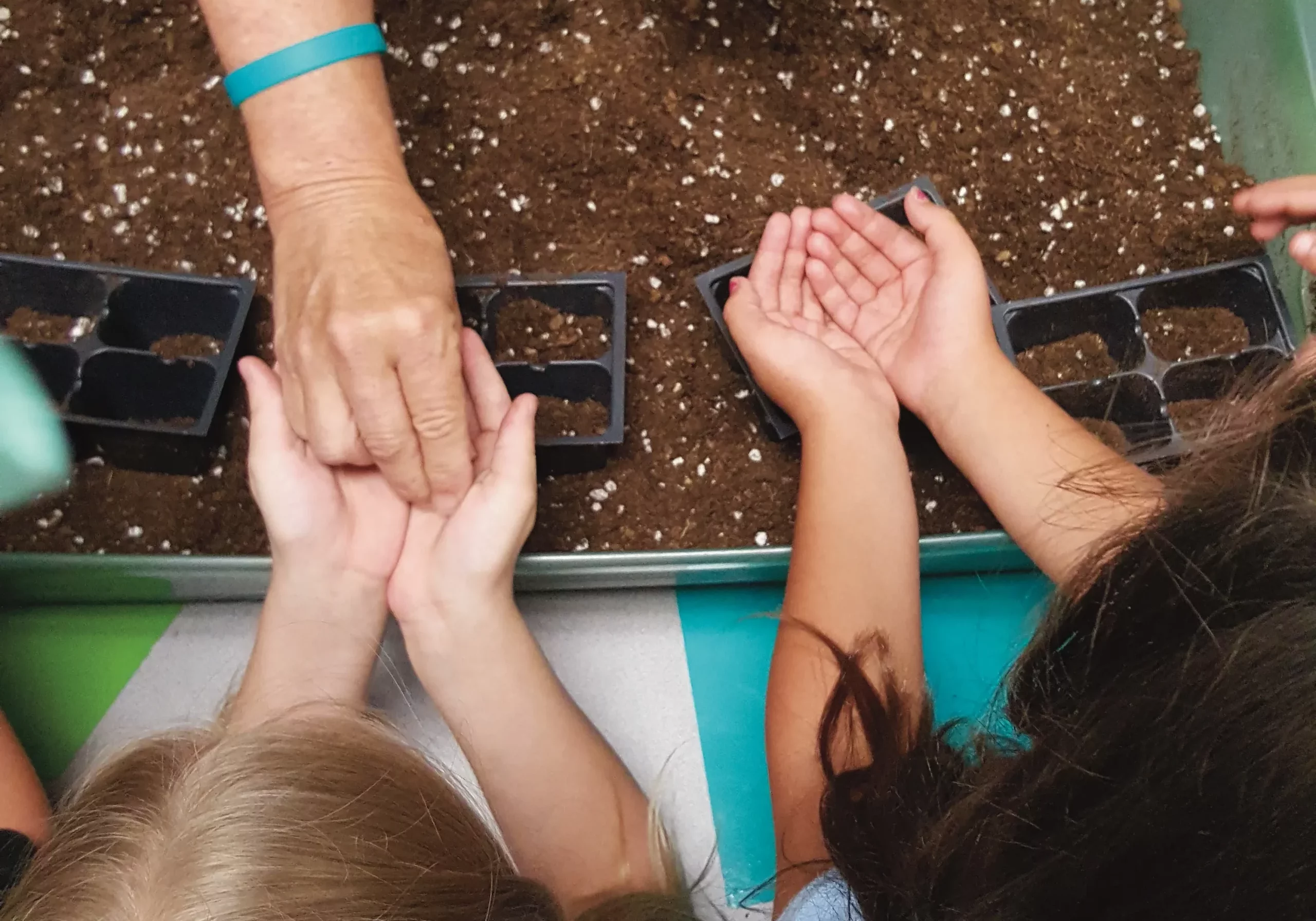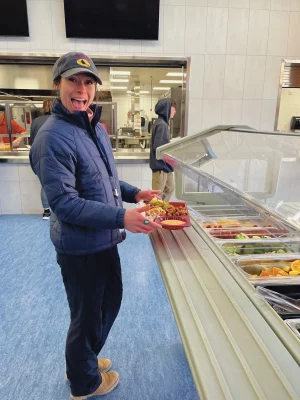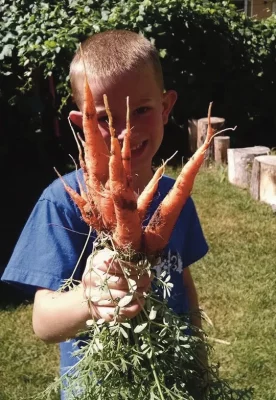
Utah Farm to Fork: Healthy Foods Foster a Healthy Community
Food: Interviews & Features
Healthy, local food isn’t the only thing Dani Perez is serving up with Utah Farm to Fork (F2F). Community connections, sustainability and education are all at the forefront of this local task force.
Less of a program and more of a movement, F2F has designed a five-year plan to weave itself into the existing structures of Utah’s agricultural and educational systems. F2F has broad but tangible goals to make agriculture a universal part of the Utah education experience. “Not everyone needs to be a farmer, but everyone needs to know about farming,” says Perez, a Farm to School Specialist with the Utah State Board of Education. She is also a registered dietitian, a health education specialist by training and a public health activist at heart.

“Food is everything to me,” says Perez. Her journey began in graduate school when she realized her calling in food systems. A visionary, Perez understands that access to healthy food is the bedrock of a healthy community. Leveraging her educational background, Perez has developed classroom materials that are available on request for any teacher or school in Utah seeking to expand their curriculum’s coverage of food systems, agriculture, and personal nutrition. “Most school subjects can relate back to food and community systems,” Perez points out, making the integration of these topics a natural fit.
F2F wants all students, from pre-K to high school, to receive hands-on experience with the whole food chain. Perez has helped coordinate farm field trips and school garden programs and worked with school nutrition specialists to find state and federal grants to purchase locally grown foods for their cafeterias. “It’s not a novel approach, but it’s what is needed,” shares Perez when discussing solutions to the current disconnect most kids have with their local food systems.
“It’s not a novel approach, but it’s what is needed.”
The task force does not limit its services to schools. Their strategic plan to integrate into the community includes as many institutions and organizations as possible, such as child and adult care centers, nonprofits and religious organizations. Perez works closely with the Utah Department of Agriculture and Food to address the barriers that Utah faces in fostering healthy, sustainable food systems, including a need for more community connections.
Over the years, Perez and her team have traveled across the state, meeting with Utah farmers and producers, spreading the word about F2F’s initiatives and gathering contact information. This information is then included in a central database, accessible to anyone on the F2F website under “Producer/Buyer Connect.”
As a part of their initiative to increase market opportunities for small-scale farmers, F2F includes small producers in their database as well. They also engage with school nutrition directors and

teachers, sharing resources, providing education on sourcing local produce and applying for various grants. F2F acts as a liaison for farmers to sell their produce to local schools and organizations, strengthening the local economy and contributing to a vibrant community.
F2F also fosters community connections through special events and workshops. This May, they’ve organized an event called “Raising the Steaks” to celebrate Utah-raised meats and the local schools that use them. Students are welcome to visit nearby participating farms, in-person or virtually, to learn more about the livestock that helps sustain them and their communities. F2F is also planning a special Ute Bison workshop this June for schools interested in learning more about the history of the Ute Bison. The workshop will include educational demonstrations for food service directors on preparing and cooking meat in school cafeterias.
“This movement is safeguarding the quality of food for our youth.”
“This movement is safeguarding the quality of food for our youth,” says Perez. She envisions a future where schools and organizations build upon the connections fostered through F2F, increasing local foods sourced while enhancing the community’s health. To learn more about Utah Farm to Fork’s initiatives and events, visit their website utfarmtofork.org or find them on Instagram at @utfarm2fork.
Read more about locally sourced food here:
Cultivating Community with Snuck Farm
Urban Micro Farming Power: The Story of Lincoln Street Farm